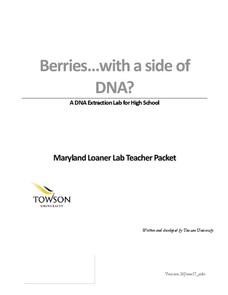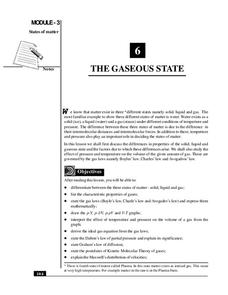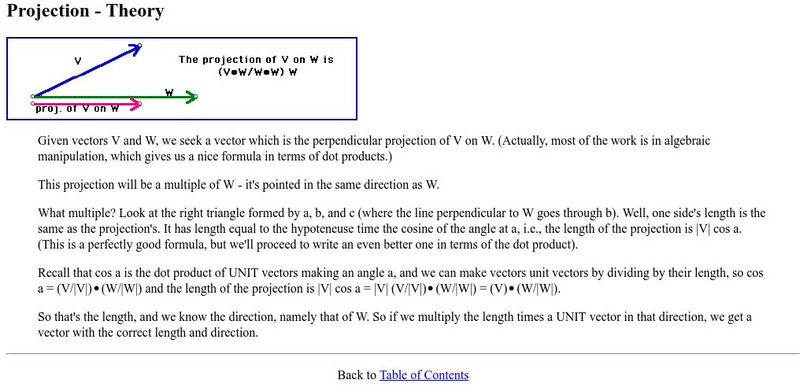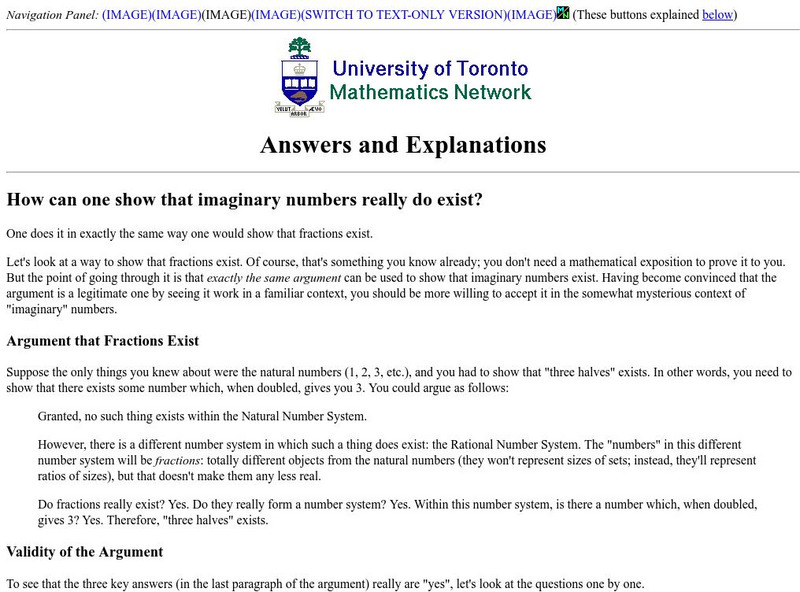Fun Music Company
The Harmonic Minor Scale
The harmonic minor scale, including the use of accidentals, is the focus of a one-page worksheet that includes instructional information and practice exercises.
It's About Time
Conservation of Momentum
Assist your class with understanding collisions as they apply the Law of Conservation of Momentum. Pupils measure the momentum before and after manipulation of two objects so that one strikes another in an inelastic collision. The lesson...
Fun Music Company
Working Out the Key
"Gimme an E minor!" Or any key for that matter. But how do you figure out the key of a piece of music? Here's a worksheet that shows young musicians three easy steps to help them identify the key of a piece of music.
Fun Music Company
Classification of Intervals
Major 2nd, Perfect 4th, Minor 3rd. The number and classification of intervals are the focus of a one-page worksheet that asks musicians to write the intervals above given notes and to indicate the classification of others.
Fun Music Company
Completing Measures with Rests
Rests. Eighth rests, quarter rests, and half rests are the focus of a one-page worksheet that asks music theory students to complete a series of measures with rests and bar lines.
Fun Music Company
Relative Major and Minor
It's all relative. Young music theorists are asked to count to three and identify the relative major and minor keys of keys that share the same signature.
Massachusetts Institute of Technology
Nuclear Synthesis
Start this lesson with a bang! The eighth in a 13-part series of lessons explains the origin of elements beginning with the Big Bang Theory. The reading describes the formation of elements hydrogen through uranium.
It's About Time
Concentrating on Collisions
How important is momentum? Pupils investigate and apply the definition of momentum as they conduct analyses during a series of one-dimensional collisions. They infer the relative masses of two objects by carefully staging and predicting...
Old Dominion University
Introduction to Calculus
This heady calculus text covers the subjects of differential and integral calculus with rigorous detail, culminating in a chapter of physics and engineering applications. A particular emphasis on classic proof meshes with modern graphs,...
Fun Music Company
Note Values
Note values are the focus of a short worksheet that asks young musicians to respond to short-answer questions and to complete a measure with notes of the appropriate value.
Iowa State University
A Model of Learning Objectives (Revision of Bloom's Taxonomy)
What would a three-dimensional representation of Bloom's revised taxonomy of the cognitive domain look like? Get a glimpse of the complex classification system that is frequently referenced in education to distinguish levels of...
Towson University
Berries...With a Side of DNA? (High School)
Is DNA still present after picking fruit or cooking vegetables? Biology scholars extract and collect DNA strands in an impactful lab. Working groups prepare their samples and compare their results to negative and positive standard...
National Institute of Open Schooling
Coordination Compounds
Cyanide, a coordination compound, is used in the extraction of gold and silver. Part 24 in the series of 36 delves into the world of coordination compounds. Classes learn, through readings, discussions, and answering questions, how to...
National Institute of Open Schooling
Chemical Bonding
Name is Bond, covalent bond. Through readings and answering questions, classes explore the different types of chemical bonds, their characteristics, valence shell electron pair repulsion theory, and atomic orbitals.
Fun Music Company
Intervals
As part of their study of intervals, musicians are asked to draw the interval indicated above the notes provided on the worksheet.
National Institute of Open Schooling
The Gaseous State
Sixth in a series of 36, this lesson focuses on gases and their behavior in given situations. Learners review the states of matter and then focus on gases, specifically learning Boyle's, Charles's, Avogadro's Laws, Dalton's, and Graham's...
Liberty High School
Science Department Lab Report Format
Make sure your scientists are reporting their work effectively by providing them with a reference for their lab reports. The first few pages of this resource detail each element of a lab report, and the last few pages provide an example...
Curated OER
Elizabeth I
In this English monarchs worksheet, students read a one page text with facts about Elizabeth I. Students study 10 portraits of Elizabeth I showing her at different ages. There are no questions to answer.
Ballet Austin
The History of Modern Dance
The evolution of modern dance, and the dance history of many of the key figures in the development of this uniquely American form, are the focus of a 13-page packet that includes photos of revolutionaries.
Victorian Web
Brown University: Victorian Web: Victorian Theories of Sex and Sexuality
This site from The Victorian Web allows one to read about relationships between Victorian men and women. This article focuses on the sexual tensions and stereotypes prevalent during the Victorian Era, and defines the "roles" of men and...
National Council of Teachers of Mathematics
The Math Forum: Projection: Theory
Describes how to use dot products to project one vector onto another.
University of Toronto (Canada)
How Can One Show That Imaginary Numbers Really Do Exist?
Contains a brief summary about the theory of imaginary numbers.
Rice University
Hyper Stat Online Statistics Textbook: Trend Analysis
A series of pages that help us understand testing one or more components of a trend using specific comparisons, a set of coefficients, error analysis of variance and the probability value.
PBS
Pbs Learning Media: Galileo: Timeline of His Life
This illustrated timeline from the NOVA Web site turns back the clock to the late 1500's to relive the dramatic life of one of the world's most renowned scientists.























